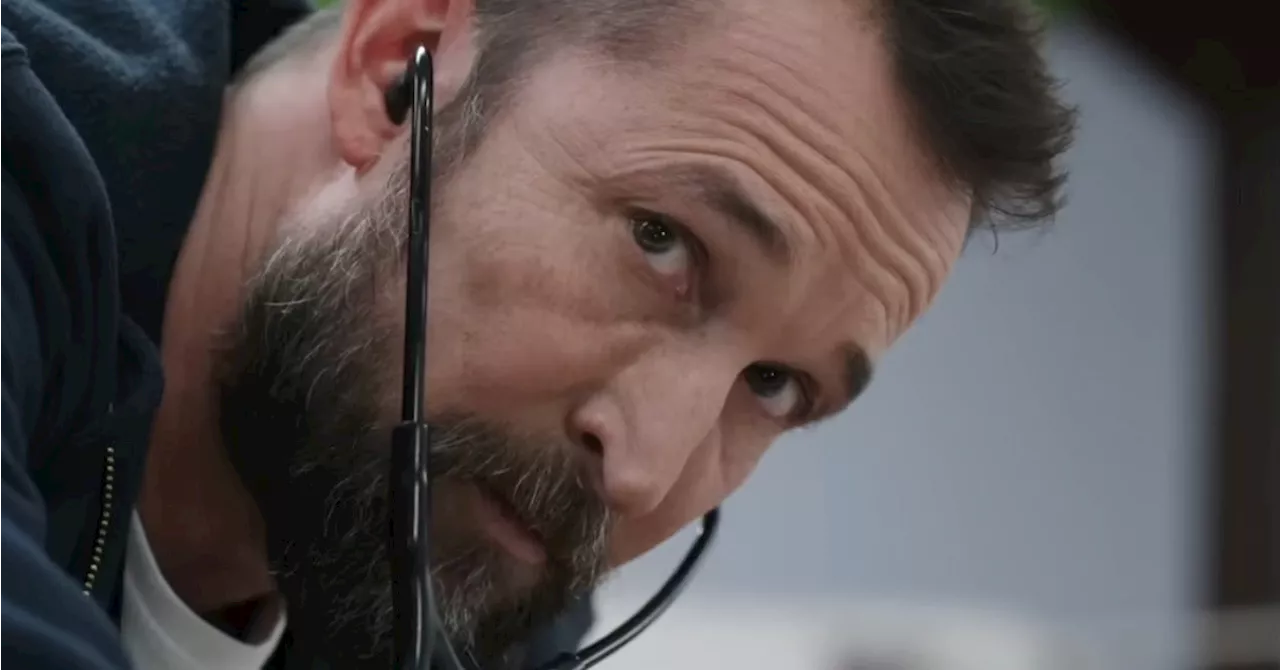UPDATE: Patients across the United States are speaking out about shocking comments made by doctors, revealing a disturbing trend in bedside manner and professionalism. These firsthand accounts highlight the urgent need for improved communication and empathy in healthcare.
A viral conversation on social media has prompted individuals to share their most distressing experiences with medical professionals, with many recounting offensive remarks that have left them feeling belittled and disrespected. One patient recalled a doctor telling her mother that all teenage girls are “over-dramatic, lazy, or desperate for attention,” while she was later diagnosed with Lupus. Another described being dismissed during a critical moment, stating, “Don’t come back until you’re screaming and dying on the floor,” from an ER doctor who refused to admit her for severe abdominal pain.
These stories underscore a troubling reality: negative attitudes and biases can have serious implications for patient care. One individual shared how a doctor questioned her about her weight instead of addressing her serious health concerns, saying, “What you SHOULD be embarrassed about is your weight.” Such comments not only lack compassion but can also deter patients from seeking necessary medical attention.
The emotional toll of these interactions is palpable. A patient who faced a medical emergency described an attending doctor telling her she would have been “a terrible mother” due to her lack of awareness about her ectopic pregnancy. “I told him to get the fuck out of my room,” she recounted, emphasizing the necessity for sensitivity, especially in vulnerable situations.
Many patients are now calling for a systemic change in the healthcare sector. Experts argue that fostering a culture of respect and empathy is critical. “Healthcare providers must recognize that their words hold immense power,” stated Dr. Emily Hartman, a leading psychologist specializing in patient care. “A simple change in language can significantly affect a patient’s experience and outcome.”
With these alarming accounts gaining traction online, the conversation surrounding medical professionalism is more relevant than ever. Patients are urged to share their experiences, fostering a community of support and awareness. If you’ve faced similar issues, consider adding your voice to this growing dialogue.
As healthcare continues to evolve, the importance of compassionate communication cannot be overstated. It is crucial for medical professionals to reflect on their interactions and strive for improvement. The stories shared are not just anecdotes; they represent a call to action for better practices within the healthcare system.
The pressure is mounting for a cultural shift in how doctors communicate with patients. As more stories emerge, the healthcare industry must address these critical issues to ensure that all patients receive the respect and care they deserve. What will happen next in this unfolding dialogue remains to be seen, but the urgency for change is undeniable. Share your thoughts below or contribute your own story anonymously to help shed light on this important issue.







